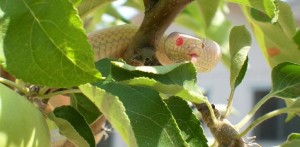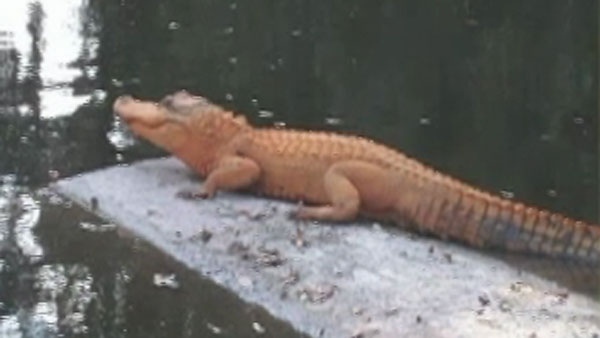A team of scientists from the Centre for Systems and Synthetic Biology (CSSB), headed by Dr Pawan K Dhar is in the process of developing a new biosensor technology called Indriyam for health applications. This technology is specifically designed to identify the snake that has bitten a person, so that proper medication or anti venom can be administered to the patient in time. The technology is still under development and is expected to be completed by 2012.
The first phase of the project included collecting venom which the team did after getting the required permission from the Government of Kerala for collecting it from nine venomous snakes and studying it for charecterisation. According to Dileep Kumar R, a post doctorate who is closely associated with the research of biosensor, informed that the work on Indriyam had started four years back, wherein the first phase included collecting snake venom and studying it in details for characterisation. Just recently the team has concluded with the first phase and have progressed to the second phase of the project which includes developing a diagnostic kit for studying the various effects of it.
“Once we develop the technology we hope that through the characterisation of venom we will be able to find out the non cross reactive antigens in it and help administer proper anti bodies,” Dileep said.
Though the venom was collected from nine snakes, at present the research is being conducted only on four kinds of venomous snake belonging to the big four venomous snake category i.e. common krait, the spectacled cobra, Russell’s viper and saw-scaled viper. Snakes belonging to this category are believed to be responsible for causing the most snakebite cases in India.
According to Dr Pawan K Dhar, director, Centre for Systems and Synthetic Biology (CSSB) who is also heading the research, “The most difficult part in the whole process was the collection of the snake venom and isolation of useful molecules for diagnoses.” He feels that this technology will help in controlling the number of deaths caused due to snake bite, which is a problem in India.
He informed that if things go as planned then this technological advancement will be a great scientific achievement, since most of the deaths that occur due to snake bites is attributed to lack of timely intervention or due to use of wrong anti venom that reacts negatively with the patients body.
“As of today point of care treatment for snake bite is not yet developed in India in spite of large incidences of death and complications because of snake bites. With this technology we intend to bring change in this scenario”, he said.
Administration of wrong anti venom can have ill effects on the victim leading to death, as it may lead to distress of physiological activities in the body. However, with this biosensor technology the scientists hope that through the venom present in the victim’s body fluid around the bite or from the blood, it may be possible one day to detect the snake and administer proper anti venom in time to the patient.
http://www.pharmabiz.com/article/detnews.asp?articleid=59265§ionid=





